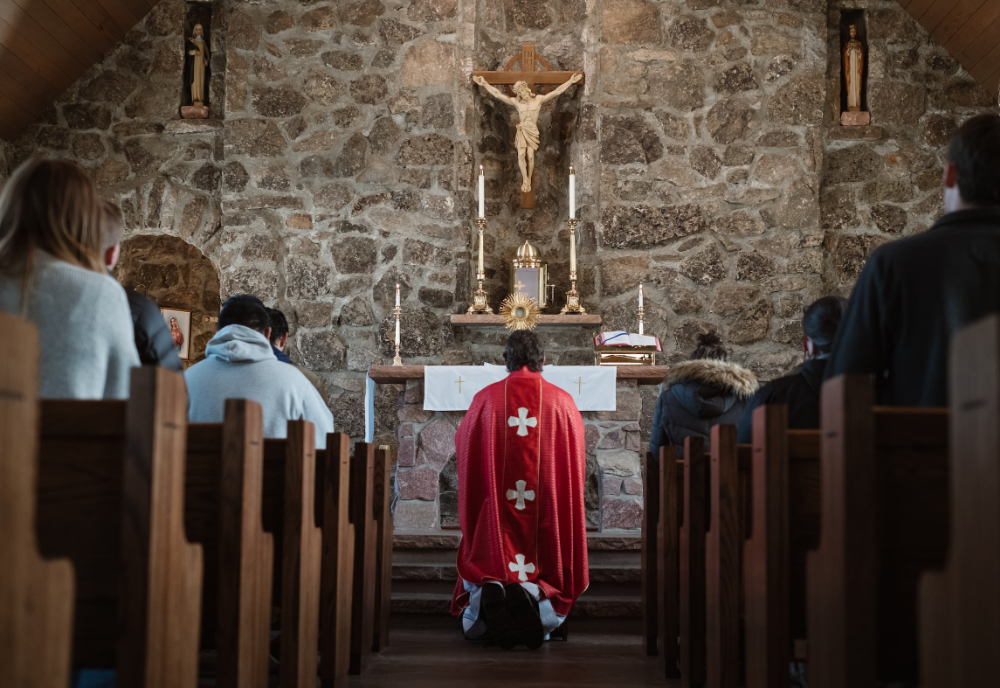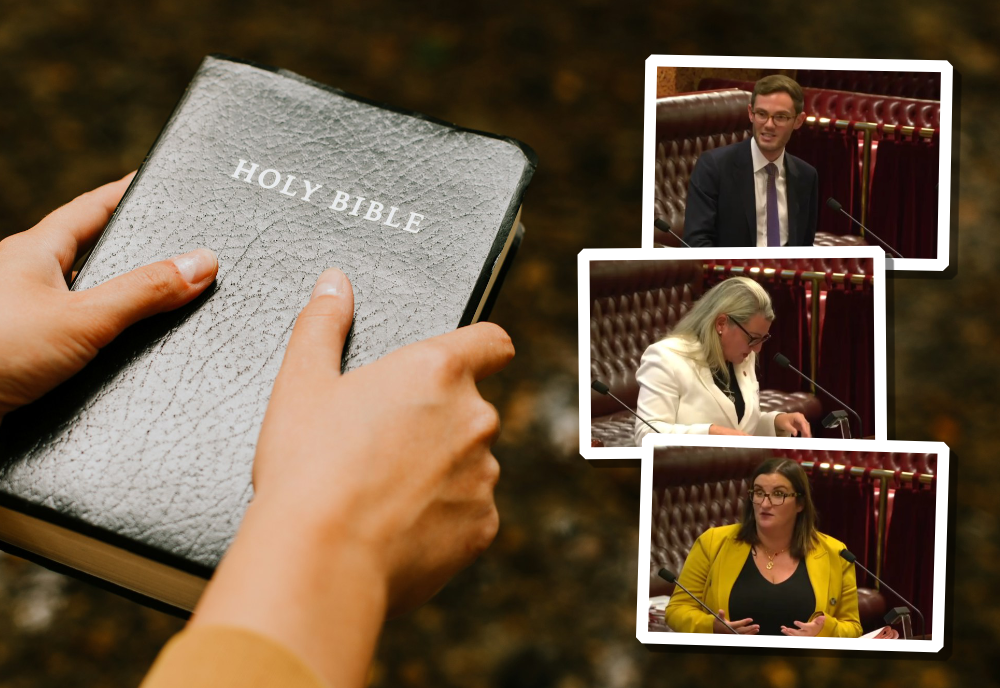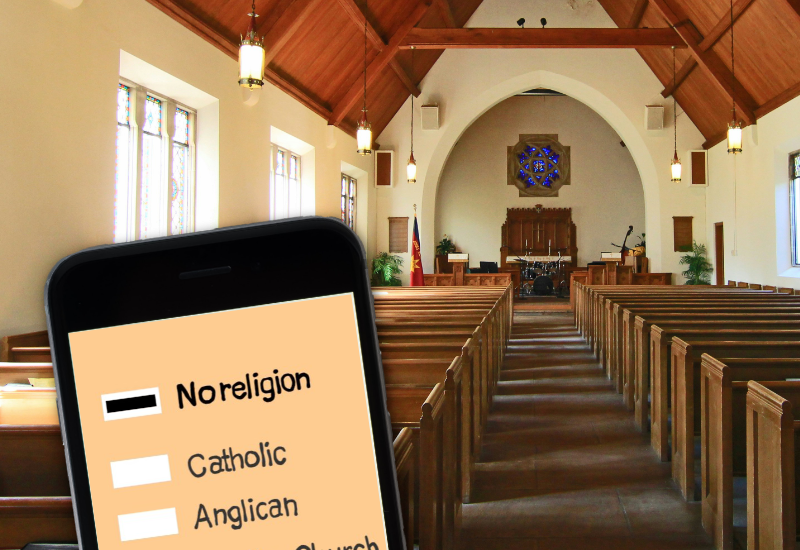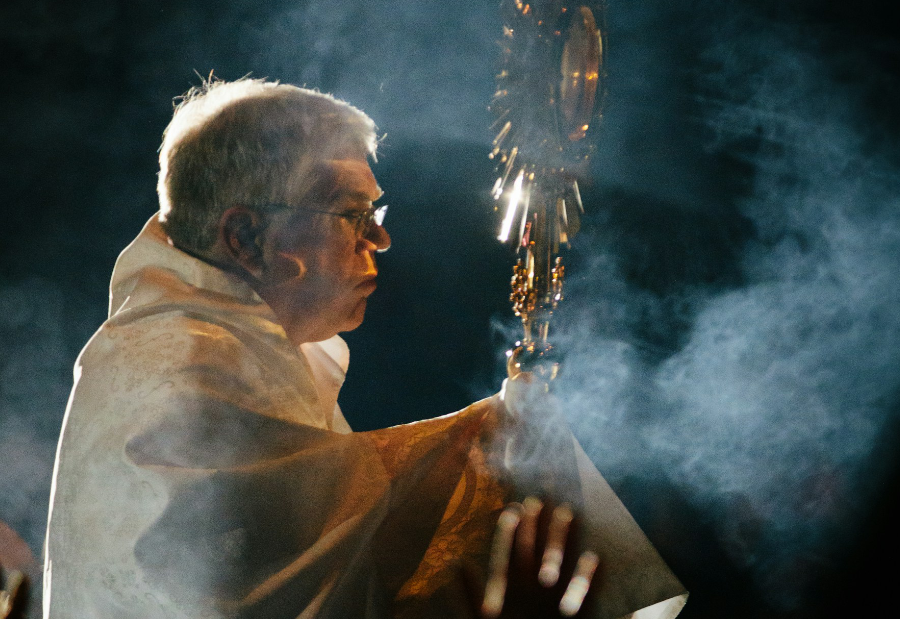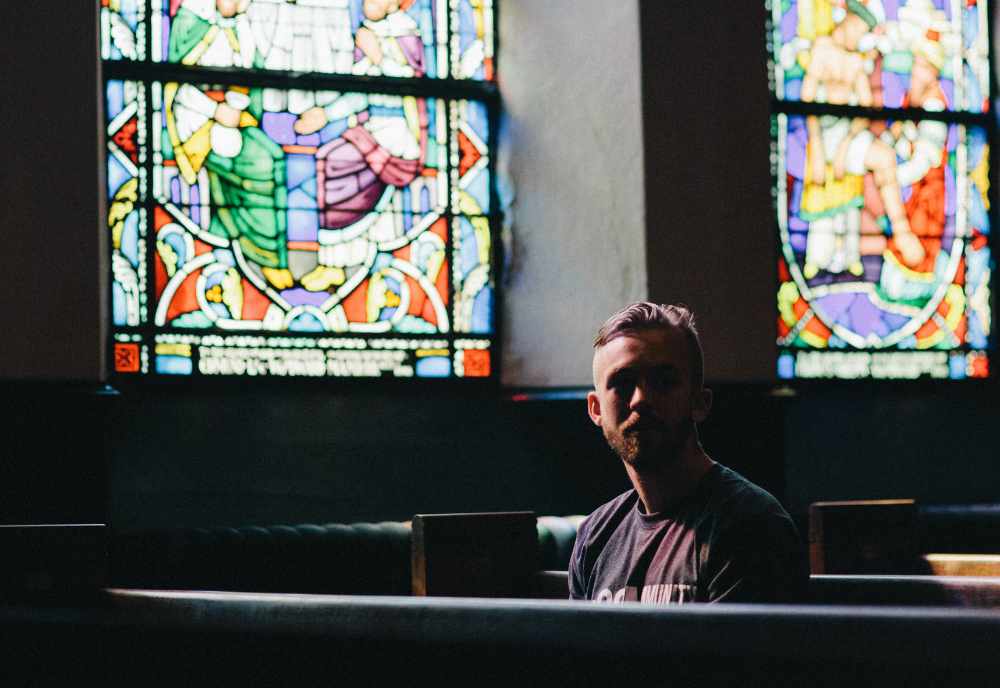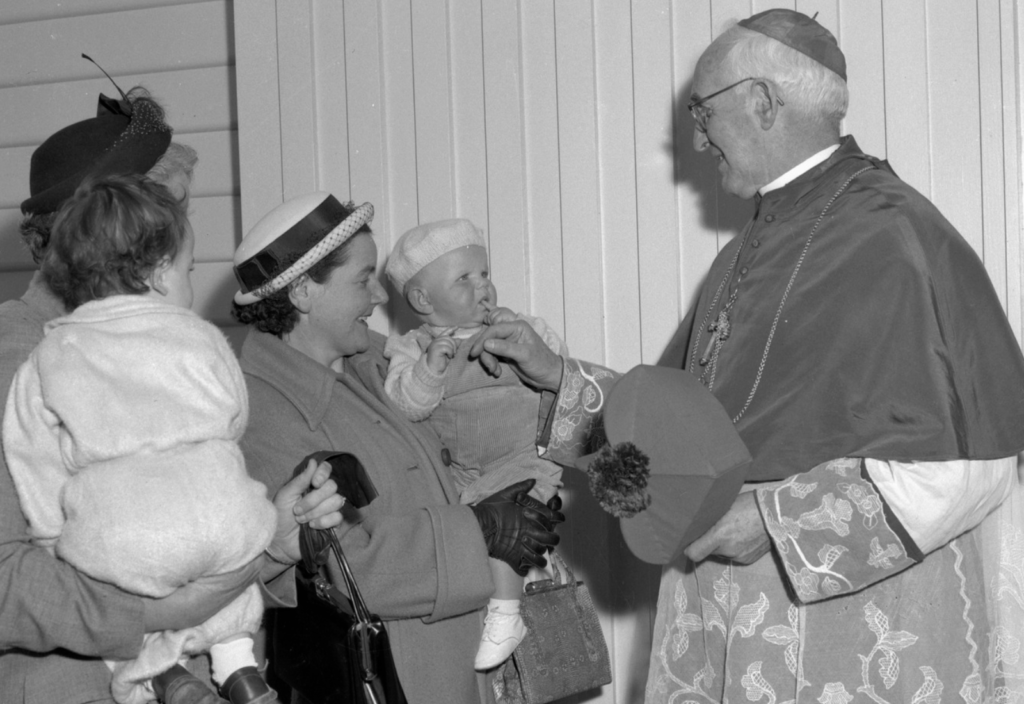At the 2021 Census, we’d like to think that our Census21 – Not Religious? campaign was moderately influential, at the very least, in terms of encouraging Australians to consider the ‘no religion’ option.
In moving forward, we are most certainly committed to continuing our campaign across the areas of: 1) accuracy of data; 2) policy and funding; 3) voice and influence. These are the key areas where we want to make sure that the voices of the members of the six groups in the coalition – Atheist Foundation of Australia, Sydney Atheists, Rationalist Society of Australia, Humanists Australia, National Secular Lobby and Humanists Victoria – are represented.
The Census may not be the best measure of religion or religiosity, or indeed the ‘no religion’ perspective. But all hope is not lost.
In this article, I’d like to share some information about activities we’re engaged in right now in regards to the first area of focus – accuracy of data. We’re hopeful that our work in this area will be able to address some of the deficiencies in the Census data regarding the religion question.
We are seeking to improve the accuracy of data in a couple of ways. Firstly, we will be lobbying for changes to the religion question. When you look at the question, “What is the person’s religion?”, and you see that ‘atheism’ is even listed as an example of a religion, the challenges are obvious.
Why would a question which is asking for a person’s religion include ‘atheism’ as an example of an answer, given that atheism, by definition, is not a religion. Atheists certainly do not believe in a higher power. It seems totally inappropriate to mislead respondents by suggesting that it is a question that meets the criteria, or any criteria, for measuring whether someone is religious.
We’re also going to be focusing on what social researcher Neil Francis refers to as the “presumptive bias” – or the inherent bias – in the question, which assumes for starters that someone has a religion.
There’s also a contextual bias in which the question is asked. The preceding questions encourage people to think about their cultural background – which country they are from, whether they are citizens of Australia, whether their parents were born here or overseas, et cetera. All of those things condition the respondent to think in terms of their cultural background. So it would not be a surprise if a very large number of people would be choosing the religion that coincides with the one they were brought up with.
It may be unfortunate but the reality is that the Census is the gold standard and is used as the primary evidence base for the allocation of billions of dollars of taxpayer resources in areas such as education, health care, social services, aged care. Indeed, it is also used as a justification for the share of voice represented in the media. So we have to work hard to put pressure on the Australian Bureau of Statistics (ABS) to make sure that these figures are as accurate as possible so that we do end up with fair allocation of resources.
The Census question itself will come under review in early 2023. You can be assured that, as a campaign, we’ll certainly be making submissions and representations as part of that process.
Recent developments internationally give us hope that we can be successful in having a better-designed Census question on religious and non-religious affiliation. In Ireland this year, the national Census question changed to include the suffix “if any” – thus becoming, “What is the person’s religion, if any?” The addition of “if any” is something that our campaign and others, including Francis, have called for.
Recent developments internationally give us hope that we can be successful in having a better-designed Census question on religious and non-religious affiliation.
Scotland is also now asking a slightly different question: “What religion, religious denomination or body do you belong to?” This is still not ideal, but it goes one step further than simply saying, “What is your religion?”
Northern Ireland’s Census question goes even further, asking, firstly, “What religion, religious denomination or body do you belong to?”, and, secondly, “What religion, religious denomination or body were you brought up in?” In Northern Ireland, these questions have a particular meaning and resonate in a particular way. But you can see what the question is trying to do in differentiating between the different levels of commitment to a religious faith.
The second area where we’re focusing on delivering greater accuracy is the classification of religions. When the results are entered and coded, it is important that the classifications are fit for the purpose of guiding resource allocation – which is why the data is collected in the first place.
Religions are classified by the ABS under the Australian Standard Classification of Religious Groups (ASCRG). At the most detailed level, this standard comprises 150 detailed categories, including the likes of ‘humanist’, ‘rationalist’ and ‘secular’.
Interestingly, a number of major religious faiths, including Buddhism, Hinduism, Judaism and Islam are all represented by one single category at the most detailed level and, indeed, at the level of reporting. This is despite there being significant variations and subgroups within those various religions.
Christianity, on the other hand, is represented by 97 denominations. If ever there was an indication of religious bias and religious privilege – or, more accurately, Christian bias and Christian privilege – this would be a prime example.
Sixty per cent of the 150 religious categories – with most of those being Christian – had fewer than 5000 respondents in the 2021 results. Something like 35-40 per cent had fewer than 500 respondents. So, in terms of resource allocation, these categories are fairly meaningless. They’re not going to inform governments to allocate resources in a wise and fair way.
In the reporting of ‘broad groups’, the ABS lumps together a grab bag of secular beliefs, spiritual beliefs and non-religious affiliation categories. But, among those categories, ‘no religion’ comprises 98.8 per cent of all respondents within that broad group.
These are examples of the kinds of sloppiness that I see in the classification system. I see them as being symptomatic of the accuracy issues that need to be addressed. Suffice to say that, as a campaign, we are going to be making a submission to the ABS in regards to changes that are required to the ASCRG.
This article is based on Michael Dove’s presentation to the RSA Webinar with fellow guest speaker Neil Francis on 24 August 2022. You can watch the full recording here.
If you wish to republish this original article, please attribute to Rationale. Click here to find out more about republishing under Creative Commons.
Photo by John Applegate on Unsplash.

